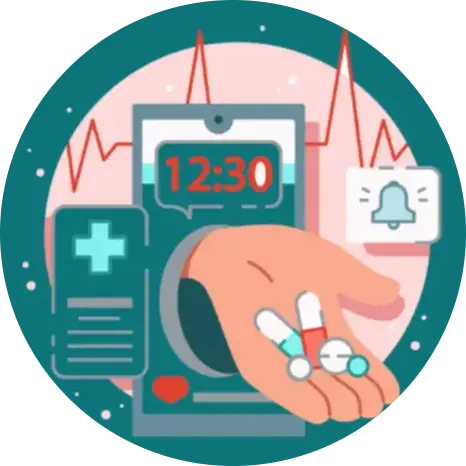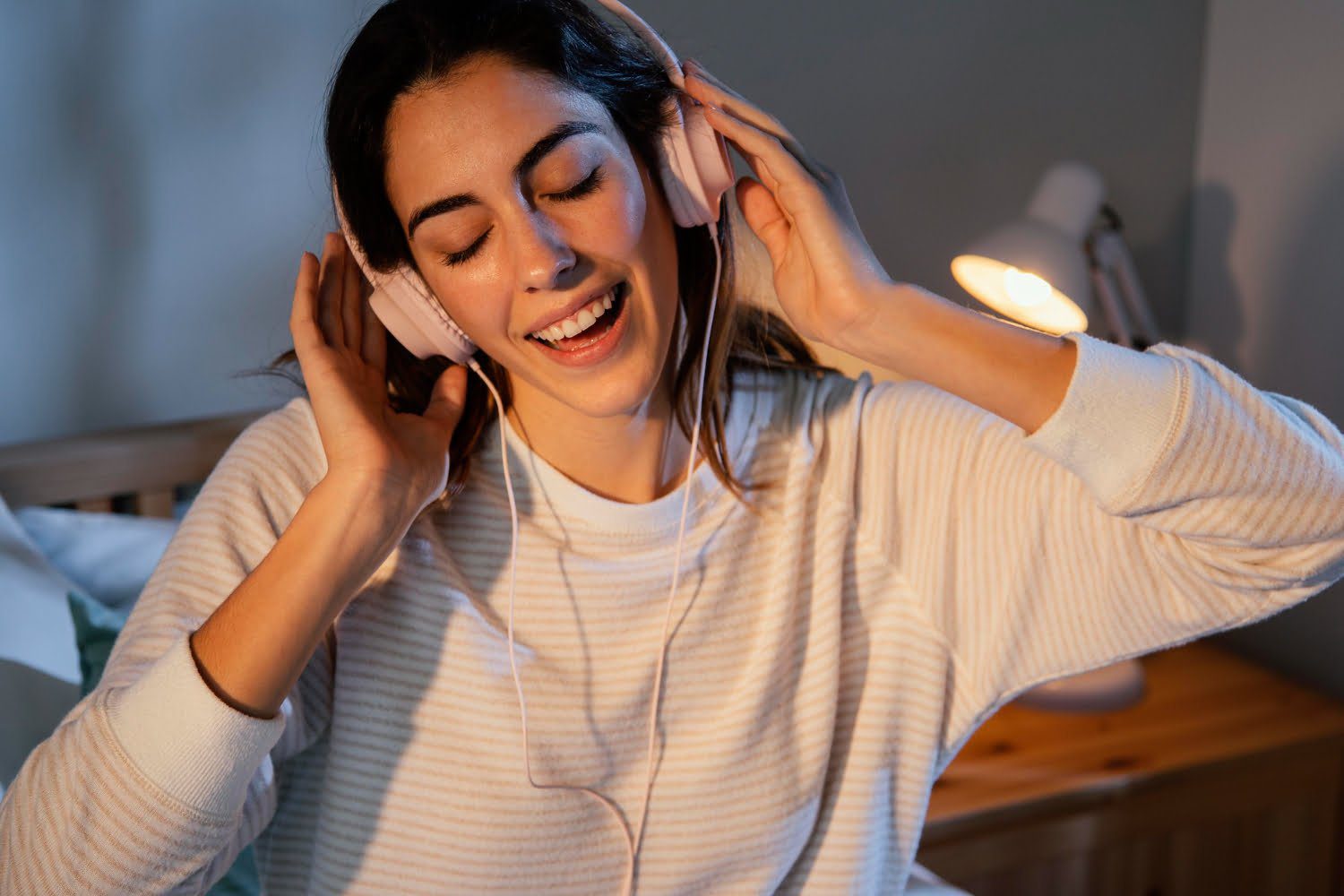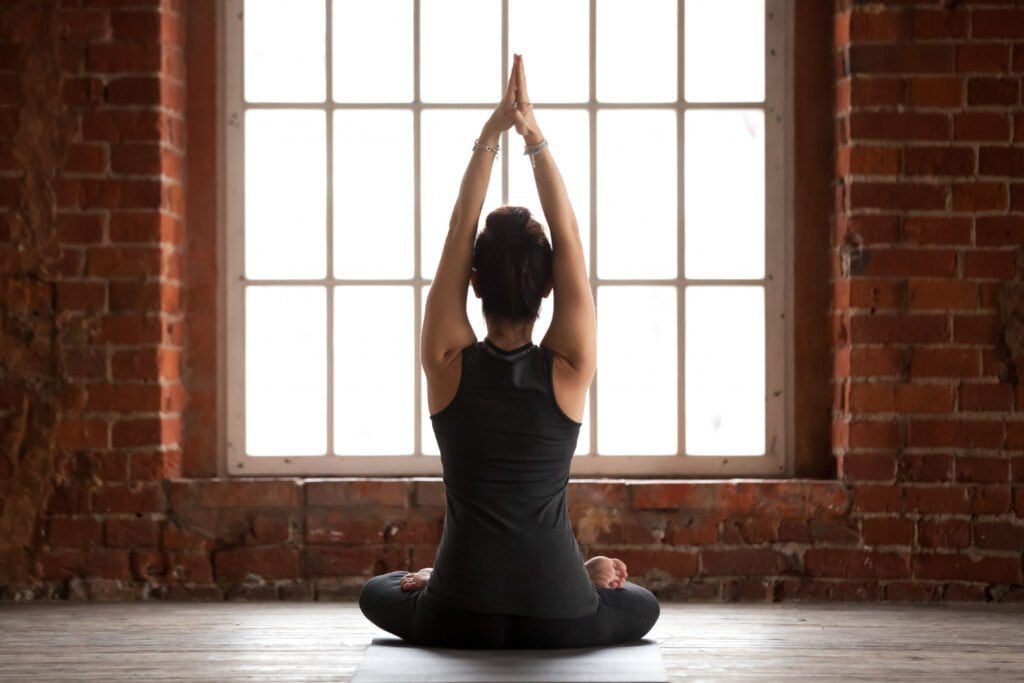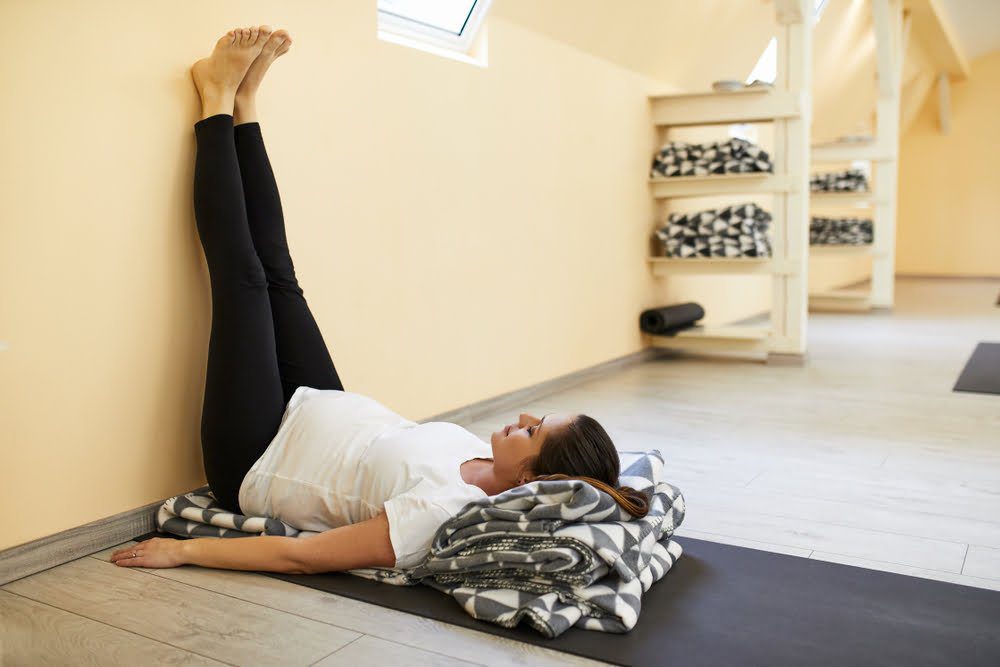Cardiovascular problems and tension are common fitness problems that can significantly impact a person’s average well-being. Research has shown that anxiety can exacerbate cardiovascular problems, leading to accelerated threat of heart ailment and other related conditions. One easy and effective way to help control each those issues is by paying attention to yoga song before mattress. This soothing and calming song can assist lessen tension, promote rest, and improve sleep satisfactory, all of which can be critical elements in keeping a wholesome coronary heart and mind. In this newsletter, we are able to discover the benefits of using yoga track as a device for coping with cardiovascular problems and tension.
Listening to Yoga Music Before Bed- Experts View.
The European Society of Cardiology presented a work in 2018 in which it found that listening to yoga music, for relaxation and meditation before sleeping, was beneficial for the heart.
Work by Dr. Naresh Sen, cardiologist at HG SMS Hospital, Jaipur, India, found that music therapy with music used in yoga improved heart rate variability before sleep , reducing anxiety in healthy people.
Yoga music was capable of producing changes in heart rate adaptation or variability , making the cardiovascular system more efficient.
The body’s Heart Rate (HR) changes as a normal response when entering or exiting a stressful situation , from being in “fight or flight mode” to “rest and digest” . These states are regulated by the Sympathetic (drives) and Parasympathetic (stops) Nervous System, respectively, and together they comprise the Autonomous Nervous System (ANS).
A high HR variability shows that the heart can adapt to these changes without problem. On the contrary, low HR variability indicates a less adaptive ANS . Low heart rate variability is associated with a 32-45% increased risk of a first cardiovascular event.
What Does Research Concluded?
After a cardiovascular problem, people with low heart rate variability have a higher risk of recurrence and death. Failure of the ANS to adapt can trigger inflammation , which is linked to cardiovascular disease. Another possibility is that people with low heart rate variability already have subclinical cardiovascular disease.
This study looked at the effect of listening to yoga music, a type of relaxing or meditative music, before bed on heart rate variability.
The study was carried out with 149 healthy people with an average age of 26 years. 3 sessions were organized on non-alternating nights with:(1)
- (1) Yoga music before sleeping at night.
- (2) Pop music with steady beats before going to sleep at night.
- (3) No music, silence before sleeping at night.
In each session, heart rate variability was measured at 3 moments:
- For 5 minutes before the music or silence started.
- For 10 minutes with music / silence
- 5 minutes after the test had finished.
Additionally, anxiety levels were assessed before and after each session using the Goldberg Anxiety Scale.
The level of optimism was measured subjectively after each session using a visual analogue scale.
The researchers found that:
- Heart rate variability increased during yoga music, decreased during pop music, and did not change significantly during silence.
- Anxiety levels decreased significantly after yoga music, increased significantly after pop music, and increased after the session without music.
- Participants felt significantly more optimistic after yoga music than after pop music.
Bottom Line.
There is a strong connection between cardiovascular problems and anxiety. However, listening to yoga music before bed may be a simple and effective way to help alleviate symptoms of anxiety and promote relaxation, which in turn can benefit cardiovascular health. Incorporating this practice into a bedtime routine may help improve overall well-being and contribute to better heart health. It is important to consult with a healthcare professional for personalized advice and treatment options.
+1 Source
FitToFar has strict sourcing guidelines and relies on peer-reviewed studies, educational research institutes, and medical organizations. We avoid using tertiary references. You can learn more about how we ensure our content is accurate and up-to-date by reading our editorial policy.
- Acute CardioVascular Care; https://esc365.escardio.org/Acute-Cardiovascular-Care?text=&docType=DigitalSession&page=1

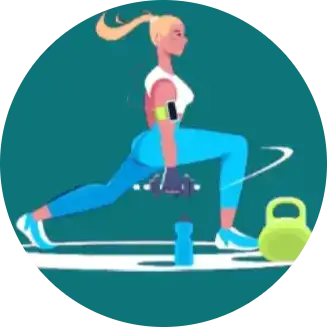 Workout
Workout
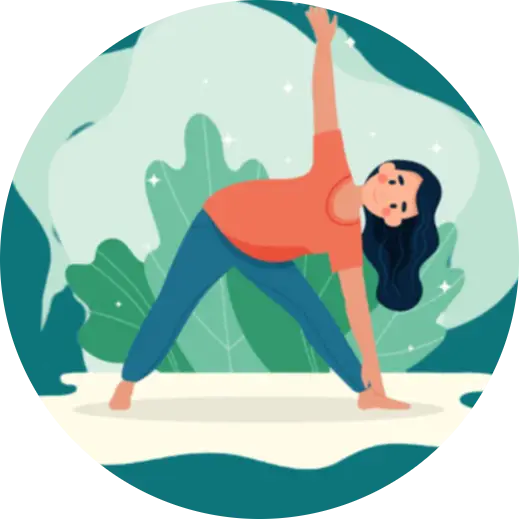 Meditation
Meditation

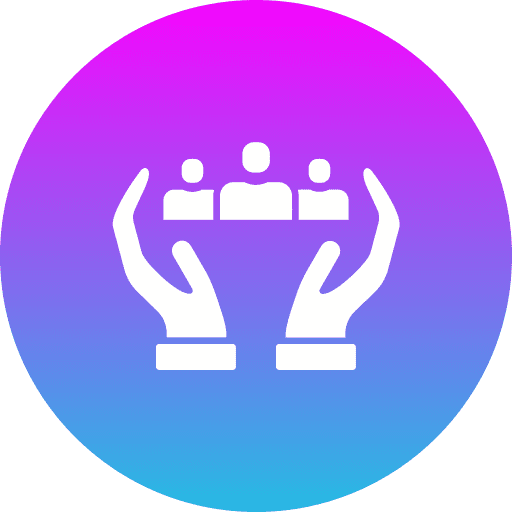



 Contact Us
Contact Us